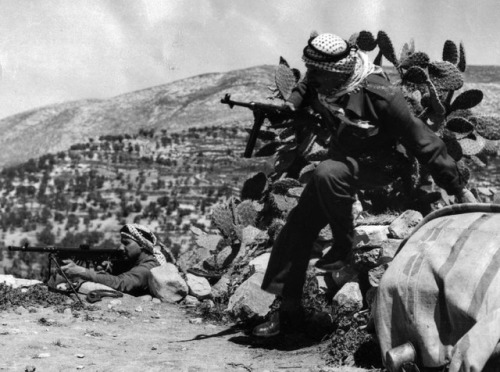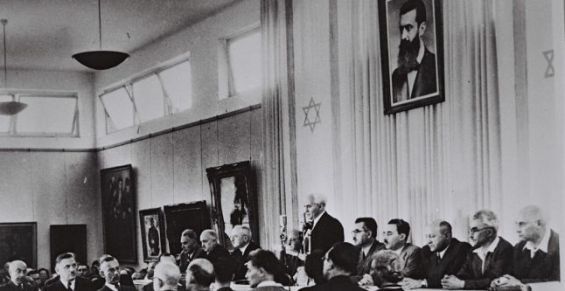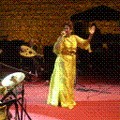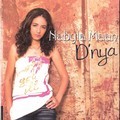As the Arab world is commemorating today, 15th of May, the 1948 Palestinian exodus, also known as the Nakba, history stands still recalling how Morocco reacted to the tragic event.
Elsewhere in the world, the United States in the person of President Harry S. Truman announced in May 1946 the approval of a recommendation to admit 100,000 displaced persons into Palestine and in October openly declared his support for the creation of a Jewish state, wrote the U.S. Office of the Historian.

One year later, the United Nations adopted Resolution 181, ordering the division of Great Britain’s former Palestinian mandate into Jewish and Arab states in May 1948.
The Moroccan National Movement and the Istiqlal Party
These serious events have not gone unseen in the North African Kingdom. According to El Mostafa El Ktiri, High Commissioner for the Liberation Army members, the Moroccan National Movement had kept an eye on the topic, defending the Palestinian interests at the United Nations.
On the 21st of December 1947, the Independence Party (Istiqlal) led by Moroccan politician Allal El Fassi held an extraordinary session to discuss Resolution 181. After the meeting, the party issued a statement addressed to the Moroccan people, Muslims and Jews, said El Ktiri.

The party «urged Moroccans to resist Zionist thoughts and obstruct their work… this request is directed in particular to the Jewish citizens to cooperate with their Muslim brothers and help them carry this humanitarian act which aims to defend the rights of the Palestinian people».
The Party’s endeavors did not stop there but exceeded the borders of the Kingdom. In a letter sent to the UN Secretary-General and the Arab League, the party reiterated its wish to defend the sovereignty of the Palestinian people.
Sultan Mohammed ben Youssef and May's statement
Istiqlal’s efforts were backed later by Sultan Mohammed ben Youssef’s intervention. The leader known by his bold stances in the past when defending Moroccan Jews has also reacted to the creation of the «Israeli state» and the tragic events that followed the decision.
In a statement issued the 23rd of May, 1948, the Sultan urged Moroccans to restrain peace and remain calm :
«… A few days ago, the flames of a war erupted in the Holy land of Palestine after Arabs grew exhausted, attempting to convince Zionists of abandoning the idea of taking over the Palestinians' land … We support and stand with other Arab countries and leaders who suggested that we shouldn’t do harm to Jews».
protecting Moroccan Jews
Mohammed ben Youssef’s message to Moroccans was clear : «Do not let what is happening in Palestine make you break the law» and in other words harm the Jewish community installed in the Kingdom.
Meanwhile, the Sultan reassured Moroccan Jews reminding them that they are protected here in Morocco. He also urged them to neglect all Zionist attempts and calls.

Sultan Mohammed ben Youssef’s statement was followed by his famous Crown speech on the 18th of November 1948.
«We also hope that our brotherly Arab nations can shed light on the calamities taking place in our sacred places, inhabited for centuries. We still believe that they (Palestinians) will obtain their rights».
Moroccans’ support for the Palestinian cause was carried on through the 1948 Arab-Israeli War, fought between Israel and a military coalition of Arab states over the control of Palestine.
Historical accounts suggest that a number of Moroccan soldiers participated to the war. It is believed that Riffian leader Abdelkarim El Khattabi, who was exiled in Egypt, had urged Moroccans to join their Arab brothers in Palestine to defend the holy soil.
One month after the creation of Israel, most precisely on the 7th and 8th of June 1948, an outraged group of people in Jerada and Oujda surrounded the Jewish community in the two cities killing 42 individuals and injuring 29 others. 5 Moroccan Jews were savagely murdered in Oujda and 37 others were beaten to death in Jerada.
Residents of the two northeastern towns were angrily influenced by the situation in the Middle East back in the time. The massacres came weeks after Israel’s declaration of statheood, which reportedly contributed to a dramatic upsurge in the departure of Jews from Morocco, most of them to Israel.





 chargement...
chargement...













